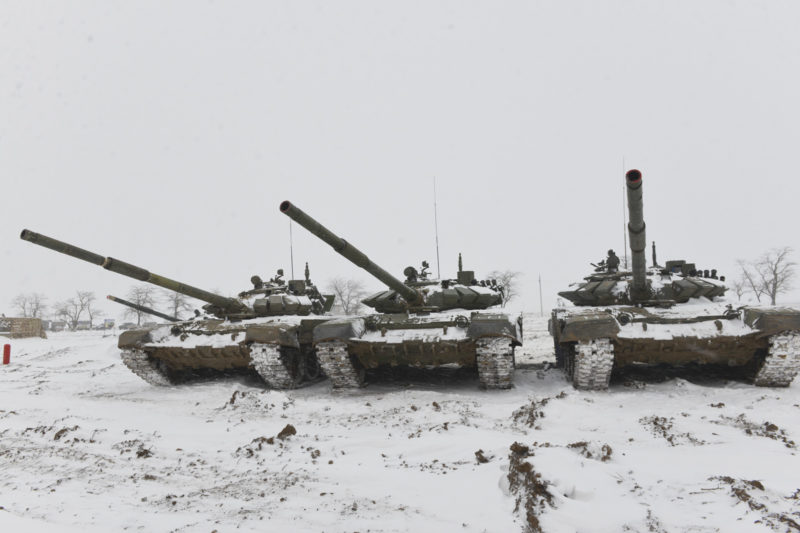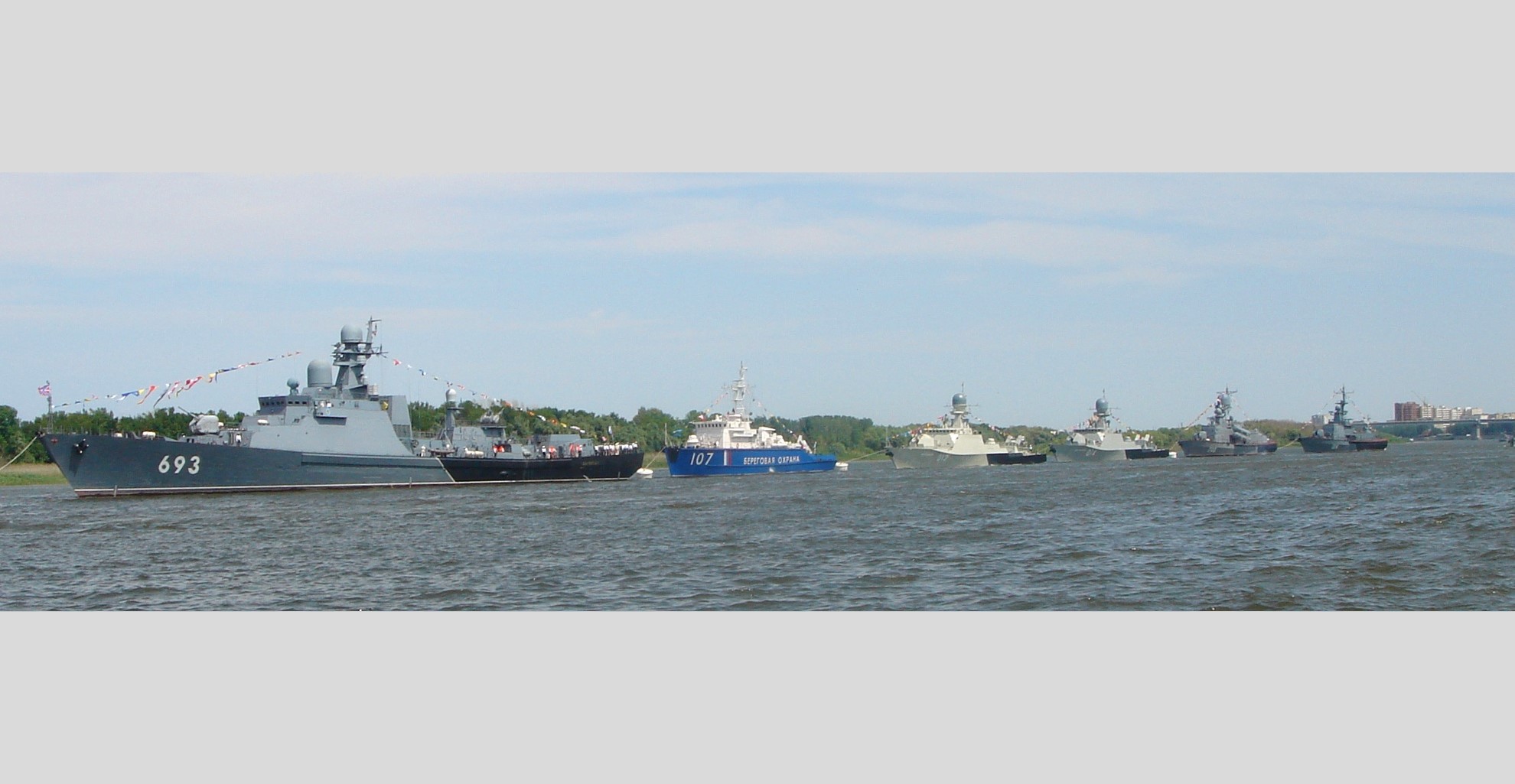The Rosbalt commentator says that given the uncertainties of any such conflict, no one in the Russian leadership can deny this possibility; and therefore it is another reason for launching a massive new war that instead of preserving the Putin regime could undermine it. “Is the Kremlin prepared to take such a risk?”
- More on ongoing Russian troop buildup: Four Ukrainian soldiers killed in Donbas as Russia continues troop buildup and escalates propaganda

Zhelenin has argued before that Putin is unlikely to launch a war because of circumstances both in Ukraine and in Russia. In his latest offering, he repeats some of what he has said before and adds new arguments for his position.
A major reason, he says, is that the situation now in both countries is very different from what it was in 2014. Then, many in the Kremlin were “sincerely convinced that Ukraine was in the process of falling apart,” a view they held because of their belief that “a revolution always leads to the disintegration of the country,” as it in fact did in Russia in 1917 and 1991.
Now, it is clear even to the men in the Kremlin that the political situation in Ukraine is stable. And perhaps even more important, Moscow can see that the Ukrainian army is a very different force now than it was seven years ago. Then it was a crowd in uniform; now it is a real army with better training, better weapons, and better international support.
More than that, in 2014, Ukraine and the world were taken unaware by what Moscow did. Now, both are prepared for the Russian government to try a reprise, are ready for it, and will thus be better able to defend their positions and to inflict far greater losses, perhaps even unacceptable ones on Russian forces.
But perhaps even more important to the calculations of the Kremlin is that the situation in Russian society is very different now than it was seven years ago. Television is losing out to the Internet, and that means Kremlin propaganda is losing out to the appeals of its opponents as the mass demonstrations for Aleksey Navalny showed.
Even in 2014, Russian military action in Ukraine led to protests in Russia, Zhelenin notes; and there is every possibility that a new move by Moscow there would lead to even larger ones especially since there is no equivalent place to Crimea for Russian forces to seize and no plausible explanation for a move that Russians would accept uncritically.
Given that the Ukrainian army with its better training and better arms and Kyiv with its sense that it has the West behind it, that force would certainly be able to inflict far greater casualties on the Russian military and those would echo at home, especially at a time when Russians are already suffering from the pandemic and a declining standard of living.
Read more:
- Four Ukrainian soldiers killed in Donbas as Russia continues troop buildup and escalates propaganda
- Disinformation build-up: pro-Kremlin media reinvigorate their focus on Ukraine
- War scare is Putin’s natural element
- Amidst Russia’s loud sabre-rattling, US delivers military hardware to Ukraine
- Ukraine’s Territorial Defense volunteers prepare to support army in case of Russian invasion
- Moscow will be ready for a war against Ukraine ‘in a month,’ Feldenhauer says
- Biden phones Zelenskyy amid Russian troop build-up along Ukrainian borders and escalation in Donbas





